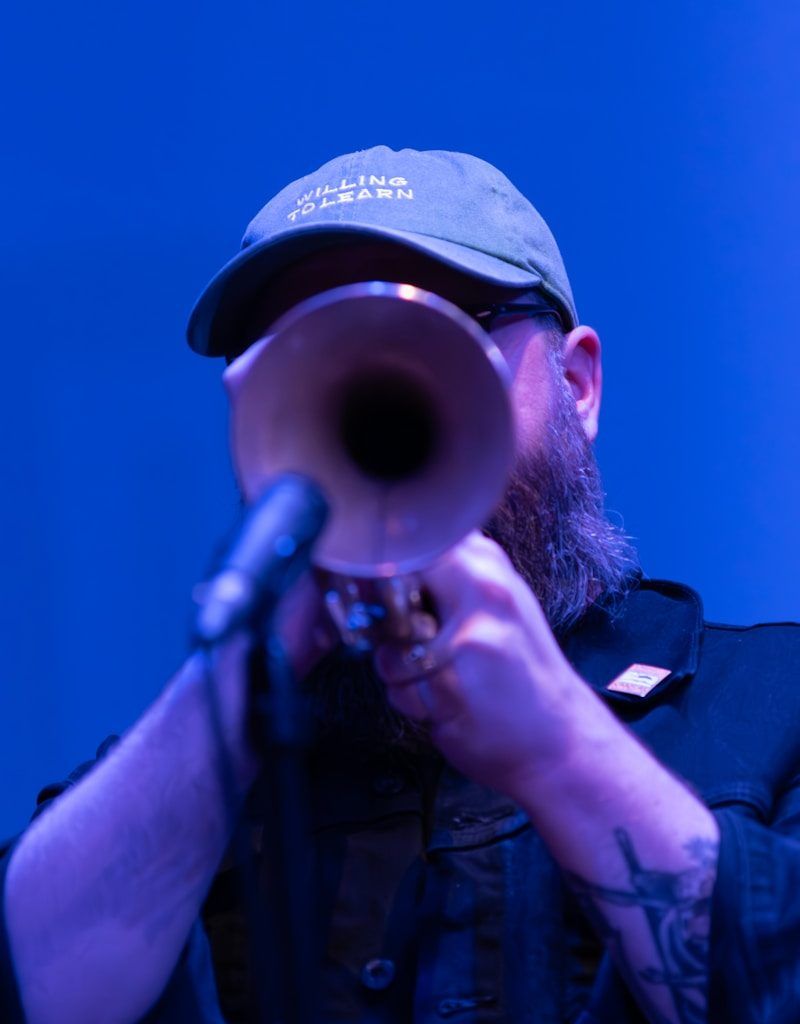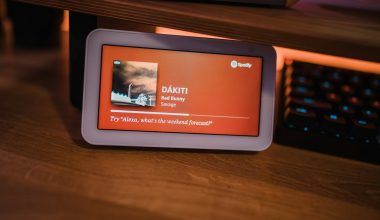Have you ever created a beautiful song and thought, “What if someone steals it?” You’re not alone. Many musicians worry about this, and that’s where copyright for songs comes in. It’s like a safety shield for your music. Copyright makes sure that no one can use your song without your permission.
In this blog, we’ll explain what copyright is, why it matters, and how you can protect your music. Don’t worry—we’ll keep it super simple!
What is Copyright? (Let’s Break It Down)
Copyright is a legal right that says, “This music belongs to you.” When you copyright a song, you become its owner. It’s like putting your name on your creation. This means no one else can:
- Copy your song.
- Use your song in movies, ads, or videos without asking you.
- Perform your song in public without permission.
- Sell your song as their own.
Think of copyright as a way to tell the world, “Hey, this music is mine!”
Why is Copyright Important for Musicians?
Let’s imagine you write a song and someone else uses it without asking. That wouldn’t feel good, right? Here’s why copyright is so important:
- Protect Your Work: Copyright keeps your music safe from people who might try to steal or copy it.
- Earn Money: When someone wants to use your song, they must pay you or share royalties.
- Stop Illegal Use: You can take legal action if someone uses your song without permission.
- Build Credibility: Having copyright shows that you are a professional musician.
How to Copyright Your Song: Easy Steps
The good news is that copyrighting your song isn’t as hard as it sounds. Here’s how you can do it:
1. Create Your Song
Your song must be original. Write down the lyrics or record the melody.
2. Make a Copy
You need a physical or digital copy of your work. It can be a recording, sheet music, or even a voice note.
3. Register Your Song
In most countries, you can register your song with the copyright office. This is the strongest proof that the song belongs to you.
- Go to the copyright office’s website.
- Fill out the form.
- Pay a small fee.
4. Get Your Certificate
Once approved, you’ll receive a certificate. Keep it safe—it’s proof that you own the song.
Does Copyright Automatically Protect Your Song?
Yes! In many countries, your song is automatically copyrighted as soon as you create it. But registering it gives you extra protection in case of legal troubles.
Types of Copyright in Music
1. Composition Copyright
This protects the melody and lyrics of your song. For example, if you write a song on your guitar, the composition is copyrighted.
2. Sound Recording Copyright
This protects the recorded version of your song. If you record your song in a studio, the recording is copyrighted.
What Happens if Someone Steals Your Song?
When someone uses your song without asking, it’s called copyright infringement. Here’s what you can do:
- Send a Warning: Tell the person to stop using your music.
- File a Complaint: Platforms like YouTube and Spotify have systems to report copyright violations.
- Go to Court: If the problem continues, you can take legal action to claim damages.
Myths About Copyright (Busted!)
Myth 1: Sending My Song to Myself Protects It
Some people believe that mailing a copy of their song to themselves proves ownership. This is NOT true. Only official copyright registration provides legal protection.
Myth 2: I Don’t Need Copyright Because No One Will Steal My Song
Even if you’re just starting, copyright is essential. You never know who might misuse your music in the future.
Myth 3: Making Small Changes to a Song Makes It Mine
Changing a few notes or words doesn’t make a song yours. The original creator still owns the copyright.
How to Earn Money From Copyrighted Songs
Once your song is copyrighted, you can start making money! Here’s how:
1. Licensing
You can give people permission to use your song in exchange for payment. For example:
- Movies and Ads: Charge a fee for using your music.
- YouTube Creators: Let them use your song for a licensing fee.
2. Royalties
Every time your song is played on the radio, streamed online, or performed live, you earn royalties.
3. Selling Rights
You can sell the rights to your song if you want a big one-time payment.
Tools to Protect Your Songs
Here are some tools and services that can help protect your music:
- Content ID on YouTube: This tool detects when someone uses your music on YouTube.
- Performance Rights Organizations (PROs): These organizations, like ASCAP or BMI, collect royalties for your songs.
Platforms like Deliver My Tune also help with copyright registration, music distribution, and royalty collection.
Tips to Safeguard Your Music
- Keep Copies: Always save drafts, lyrics, and recordings.
- Register Everything: Even small compositions should be copyrighted.
- Use Contracts: When collaborating, make sure everyone agrees on who owns what.
- Monitor Platforms: Check streaming services and social media for unauthorized uses of your music.
Real Stories: Copyright Battles in Music
Case 1: “Blurred Lines” vs. Marvin Gaye’s Estate
The creators of “Blurred Lines” had to pay $5 million after it was proven they copied Marvin Gaye’s music.
Case 2: Led Zeppelin’s “Stairway to Heaven”
Led Zeppelin was accused of copying a riff but won the case after proving the similarities were unintentional.
These stories show how important it is to understand copyright laws.
FAQs About Copyright Songs
Q1: Do I Need a Lawyer to Copyright My Song?
No, you can do it yourself online. But for complex cases, a lawyer might help.
Q2: Can Two People Own Copyright for the Same Song?
Yes! If you co-write a song, both of you share the copyright.
Q3: How Long Does Copyright Last?
In most cases, copyright lasts for your lifetime plus 70 years after your death.
How Deliver My Tune Helps You
Platforms like Deliver My Tune make copyrighting and distributing your music easy. They help you:
- Register your copyright.
- Distribute your songs to over 100 platforms like Spotify and Apple Music.
- Collect royalties and licensing fees.
Final Thoughts: Protect Your Music Today
Your music is your treasure. Copyright ensures no one else can take it away from you. Whether you’re a budding artist or a seasoned musician, protecting your songs is the first step toward building a successful career.
Start your journey with platforms like Deliver My Tune to safeguard your music and share it with the world.
Related Articles:
For further reading, explore these related articles:
- How to Sing High Pitch: Your Ultimate Guide to Reaching Those High Notes
- How to Get an Official Artist Channel on YouTube: A Complete Guide for Artists
For additional resources on music marketing and distribution, visit DMT RECORDS PRIVATE LIMITED.





